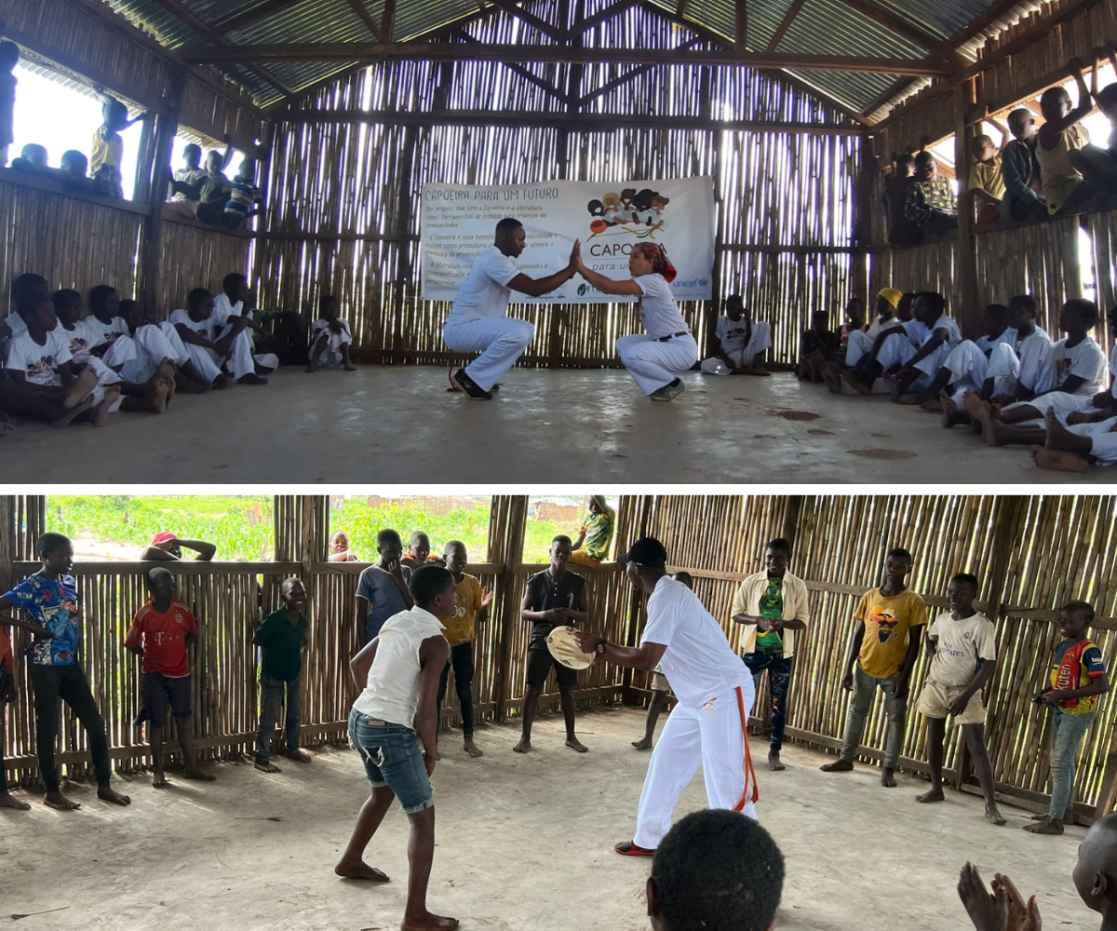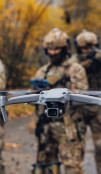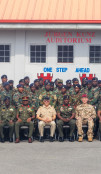Child soldiers: Children need protection, not trauma

In 2021 alone, the United Nations verified close to 23 thousand grave violations against children in the context of conflict. The highest number of violations were 2 515 killings, maiming of 5 555 minors and over 6 thousand children used as child soldiers (source: UN). The figures fall short from the harsh reality of how children remain disproportionally affected by armed conflicts, however it already depicts a cruel and unjustifiable imagery.
Children born and raised in the context of armed conflict suffer a great amount of trauma from their experience and are more vulnerable to being recruited to combat.
Access to education becomes limited, including attacks on students and education personnel. In addition schools are adapted from forums of learning to bases for military purposes or recruitment grounds.
‘Protecting children amidst conflicts from violations and abuses is at the forefront of our efforts.’
Joint statement by EU High Representative Josep Borrell and UN Special Representative of the Secretary-General Virginia Gamba
To combat the use of minors as soldiers, the EU has made the prevention and elimination of grave violations against children affected by armed conflict a priority, as recalled in the EU Strategy on the Rights of the Child. The EU allocated approximately EUR 285.5 million (2022) for protection in humanitarian settings, of which a significant part is directly allocated to activities targeting children associated with armed conflict.
The EU’s political commitment is supported by humanitarian and long-term EU development and peacebuilding projects to assist children impacted by armed violence including in Colombia, Myanmar, Nigeria, Pakistan, Somalia, South Sudan, Syria and Yemen.
Mozambique: Protecting children from the consequences of conflict
In northern Mozambique, protection of children, adolescents and young people is essential to prevent further consequences of conflict, including their recruitment to the war. The EU works with UNICEF, under the humanitarian component, supporting the programme ‘Education in Emergencies’. This provides safe and protective learning environments for internally displaced people and their host communities.
On top of this, the EU also contributes to creating a sustainable place for an eventual return and reintegration for children associated in armed forces and groups.

UNICEF
Central African Republic: Supporting the reintegration of former child soldiers
The stigma faced by recruited children can outcast them from society. They are, above all, victims, from whom their childhood and adolescence has been stolen, and need to be protected as such. The EU has committed to the unconditional and immediate protection, release and (re)integration of children associated with armed forces and groups with their family and community, irrespective of the armed group’s potential designation.
In the Central African Republic, for hundreds of released child soldiers, the EU provided temporary care and integration kits, psychosocial support and integration into school and vocational training.
Moreover, the EU is also supportive of the Global Coalition for Reintegration of Child Soldiers launched with UNICEF at political level but is also an important source of funding to support stabilisation and including reintegration and prevention activities - as in Colombia and Venezuela.
A joint combat
This year, HR/VP Josep Borrell joined voices with UN Special Representative of the Secretary-General Virginia Gamba and called for the ‘universal ratification and implementation of the Convention on the Rights of the Child and its Optional Protocol on the Involvement of Children in Armed Conflicts (OPAC).’ It goes on to stress the EU reinforced commitment to protect children from their recruitment into armed conflict, to work with partners to that end and to continue engaging more actors in the responsibility to protect.





